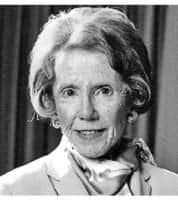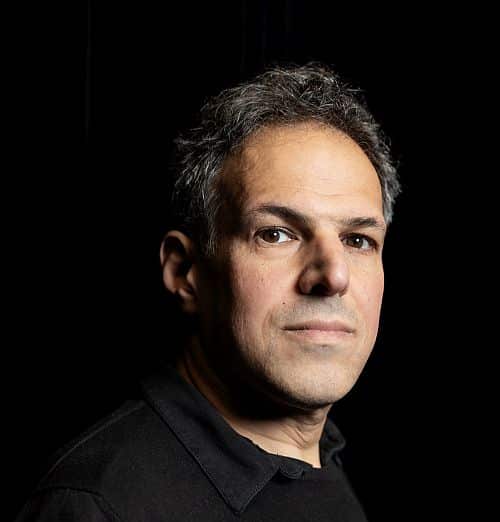Remember New York City Opera?
RIPIt died, for lack of funds and an excess of interference by individual board members.
The death last week of Mary Sharp Cronson reminded one of our readers that she was the force behind the plan to recruit Gerard Mortier as director, followed by the spectacularly under-qualified George Steel. Mortier quit on finding there was no budget for his ambitious plans; Steel sank before he could learn to swim. Cronson was a multifarious philanhropist with commitments to several major NY institutions but even her fabled wealth could not sustain City Opera through a fog of autocratic decisions.
As Heidi Waleson put it in her eulogy for City Opera: ‘Pushed by longtime board member Mary Sharp Cronson, the board hired George Steel as general manager and artistic director. Miller had previously served as executive director of Columbia University’s Miller Theatre. Steel had minimal experience
raising money, and scant practical knowledge of opera or opera houses. His turbulent tenure would end, not quite five years later, in the company’s bankruptcy.’
From Legacy notices this week: The Board of Directors, artists, and staff of New York City Ballet are deeply saddened by the passing of our dear friend and long-time board member Mary Sharp Cronson. A founding member of NYCB’s Board of Directors and an emeritus member since 1987, Mary was a passionate and generous supporter of the Company throughout her life. Through her extraordinary commitment to the arts she has had a profound impact on the cultural life of New York City, among many other things having founded Works & Process at the Guggenheim, an essential showcase and incubator for creative artists and their work in which NYCB has had the honor of participating many times over the years. She was a remarkable person, one of a kind, and we will miss her very much. We extend our heartfelt condolences to Mary’s son Paul and his wife Caroline, and to her entire family.
And:
The Solomon R. Guggenheim Foundation mourns the passing of Mary Sharp Cronson, a treasured 30-year member of the Board of Trustees. Mary leaves a legacy of profound impact not only on the Guggenheim but also on the arts community of New York City. As Founder and Board President Emerita of Works & Process, a performing arts program that began at the Guggenheim in 1984, Mary championed new works and offered audiences unprecedented access to generations of leading creators and performers. We honor her innovative spirit and remain grateful for her lasting contributions.






Comments